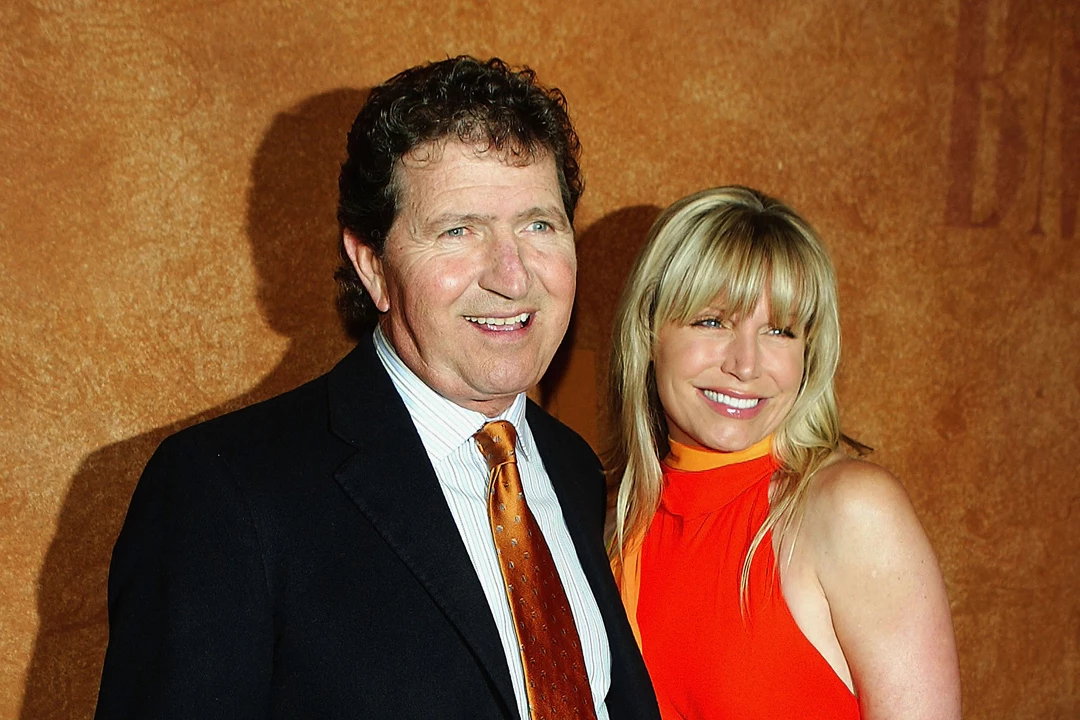


He also composed the politically aware "Something's Burning" (1970) for Kenny Rogers and the First Edition. Smith scored hits with the Davis-penned "Friend, Lover, Wife" and "Daddy's Little Man," both in 1969. Presley's chart smashes with Davis's songs provided opportunities to work with other major artists as well.
#MAC DAVIS HITS TV#
In addition to co-writing "Memories" along with Strange for the rock king's Singer Presents-Elvis TV special, Davis contributed the hits "In the Ghetto" and "Don't Cry Daddy" (1969). Thirty-four years after its initial release, a clever disc jockey remixed the record, added fresh jams, and it became a worldwide hit all over again.ĭavis provided important material for Presley's fertile comeback period of 1968–69.
#MAC DAVIS HITS MOVIE#
Yet, it was the danceable rocker "A Little Less Conversation, A Little More Action" that proved to be the more enduring movie song. Strange and Davis tried to help the fading rock king redraft his sound into something more contemporary with the anti-hypocrisy gospel rock of "Clean Up Your Own Backyard" (1969). Working with producer/arranger Billy Strange, Davis wrote ditties for the soundtracks of Presley's later films Live a Little, Love a Little (1968), The Trouble With Girls (1969), and Charro (1969).

He caught a big break when smooth baritone R&B singer Lou Rawls recorded his tune "You're Good For Me" and the then-red-hot Glen Campbell waxed "Within My Memory." However, it was his association with Elvis Presley that made his name as a songwriter. His interest in songwriting eventually resulted in a job with the label's publishing imprint, Metric. Wrote Hits For Elvis Presleyīy 1966 Davis had left Vee Jay, which was undergoing financial upheaval and reorganization, and began working for the West Coast-based Liberty Records. Handling area promotions of such popular artists as Jimmy Reed, Gene Chandler, and the Four Seasons. Mostly he worked as a regional manager for Vee Jay Records during this era, Performing covers of Jimmy Reed songs at area roller rinks, the band recorded a single for a local label called "Rock a Bongo" before Davis decided in 1961 that he wasn't cut out to be a full-fledged rocker.Ītlanta was a hot music town during the early 1960s and, like many artists before him, Davis decided to work his way up the ladder through music promotion, management, and publishing.

While working for the Georgia State Board of Parole, he took night classes at Emory University, and fronted a rock 'n' roll combo dubbed Zotz. Little did he suspect that someday Presley would score major radio hits with Davis's own songs.ĭavis started his first band after he moved to Atlanta, Georgia. "I knew that's what I wanted to be." Another big early influence was Elvis Presley, whom Davis saw singing "That's All Right Mama" on the back of a flat bed truck at the Hub Motor Company. "I saw Buddy Holly driving down the street with a bunch of girls in his car," Davis told Joey Kirk of the Daily Toreador. That said, growing up in Buddy Holly's hometown during the frenzied years of early rock 'n' roll made an even bigger impression on him.
#MAC DAVIS HITS MAC#
Born in Lubbock, Texasīorn Scott Davis on January 21, 1942, in Lubbock, Texas, Mac Davis's father had to coerce him into singing in the church choir at age ten, but the youngster liked it so well that he ended up singing in various choirs throughout high school. Nothing if not a trouper, he made a successful return to songwriting during the mid-1990s, and parlayed his country charm into a starring role in the successful Broadway musical The Will Rogers Follies. However, The Sting II, an ill-advised sequel to the Paul Newman- Robert Redford classic, failed miserably, ending his days as a Hollywood leading man. At his late-1970s peak, he garnered favorable notice as the drawling playboy quarterback in the film North Dallas Forty. As a recording artist in his own right, Davis's work is characterized by a sincere vocal blending of soft pop, gospel and country, lyrics that embrace a positive romantic outlook and a Roger Miller-influenced sense of humor. Initially a music executive, he first gained fame penning hits for the likes of Bobby Goldsboro, Kenny Rogers, and Elvis Presley. Best known for such songs as "Baby Don't Get Hooked on Me" and "It's Hard to Be Humble," singer-songwriter Mac Davis parlayed a modest string of hit records into national fame as a recording artist, TV star, concert draw and, for a brief time, a movie star.


 0 kommentar(er)
0 kommentar(er)
